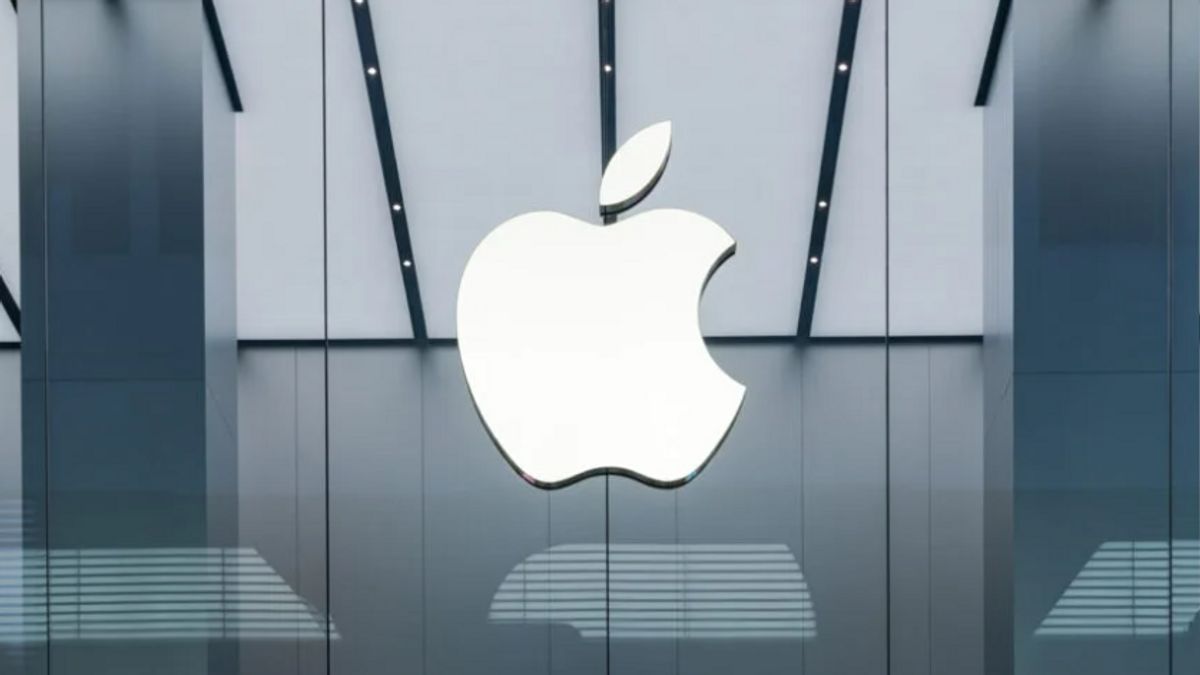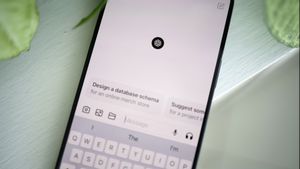JAKARTA - Apple is working to replace Qualcomm's radio chip with its own modem, a huge time-consuming and power-consuming project. Some have questioned whether this large investment is worth just saving a few dollars on the cost of iPhone production.
This question is increasingly relevant when the company's internal parties admit that there will be no immediate benefit for consumers when this transition is first implemented. However, Apple hopes this step will provide long-term benefits for users.
Apple And Qualcomm's Long Battle
Each phone, both smart and ordinary, requires a radio chip for mobile data, known as modem. This chip allows data to be sent and received via mobile networks. Qualcomm, a US chipmaker, currently leads the market in this technology, and iPhone and iPad have been using chips from the company for years.
However, the relationship between these two companies is not always smooth. The long legal battle between Apple and Qualcomm has just reached an end with the final settlement of the case.
Apple's Modem Development That Takes Years
Over the years, Apple has been trying to develop its own modem. However, whenever predictions regarding the timing of this transition appear, that date is always postponed. This is due to the complexity of making radio chips which turns out to be much more difficult than expected.
One of the biggest complexity factors is the mobile standard which has an alternative long list, all of which must be powered by the iPhone. Radio chips should support not only the current and previous generations of standards, but also any variety used by operators in various countries.
It's Not Just A Matter Of Cost
However, an article from Bloomberg indicates that although there are no short-term benefits for consumers, Apple believes that this effort will pay off in the long term.
In the future, Apple plans to combine its modem design with a new wireless chip that manages Wi-Fi and Bluetooth access. This could create a single connectivity component, which has the potential to increase battery reliability and life.
SEE ALSO:
In addition, there is a possibility that Apple will one day integrate everything into the main system on the device's chips or SoC. This step could further press costs and save space in the iPhone, allowing more design options. If Apple manages to save costs by switching from Qualcomm, the funds could be diverted to new features and components.
Great Lurking Risk
However, there is a huge risk to be faced. A long list of standards that should be backed by a modem chip and all the conditions under which the chip should work, means it's very easy to make a mistake.
Modem needs to be tested globally in various environments, and moving more than a billion users to an internal model carries many risks. If Apple fails, it could be the biggest iPhone scandal since Antennagate.
The English, Chinese, Japanese, Arabic, and French versions are automatically generated by the AI. So there may still be inaccuracies in translating, please always see Indonesian as our main language. (system supported by DigitalSiber.id)


















